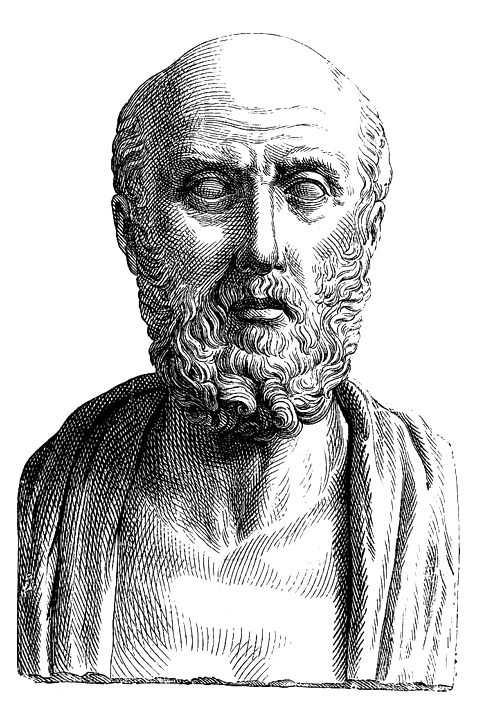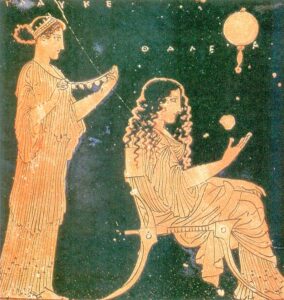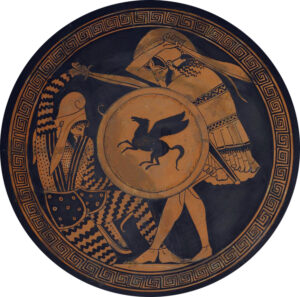Hippocrates was born on the Greek island of Kos in 460 BCE. He is generally considered to be the father of modern medicine. For example, he was a physician and philosopher who established a school of medicine that focused on holistic healing and the use of natural remedies. Over the centuries, his teachings and principles have been widely studied and built upon within the field of medicine. As such, historians consider him to be a significant figure from the time of ancient Greece, and he contributed to the development of ancient Greek culture.
Life and Works of Hippocrates
Hippocrates was born into a family of healers, and he followed in their footsteps by becoming a physician himself. He traveled extensively throughout ancient Greece, studying medicine and learning from other healers. He eventually settled on the island of Kos and established a school of medicine that attracted others who sought to learn from him.
One of Hippocrates’ most famous works is the Hippocratic Corpus, a collection of over 70 texts that discuss a wide range of medical topics, from anatomy and physiology to ethics and medical practice. The Corpus is considered one of the most important medical texts in the history of Western medicine, and it remains a valuable resource for medical professionals today.

Philosophy of Hippocrates
He believed that the human body was capable of healing itself and that the role of the physician was to assist this natural process. He believed that health was a balance of physical, mental, and spiritual well-being and that disease was the result of an imbalance in these areas. He emphasized the importance of preventative medicine and advocated for a healthy diet, regular exercise, and a positive outlook on life.
Significance of Hippocrates
Hippocrates’ teachings and principles continue to influence modern medicine even today. For example, the Hippocratic Oath, which outlines the ethical principles that physicians should adhere to, is still recited by medical students today. The concept of the ‘doctor-patient relationship’ also has roots in Hippocrates’ philosophy, which emphasized the importance of trust and communication between physician and patient. As such, historians consider him to be a significant figure from the time of ancient Greece, and his advancements in medicine are considered to be foundational to Western medicine.







